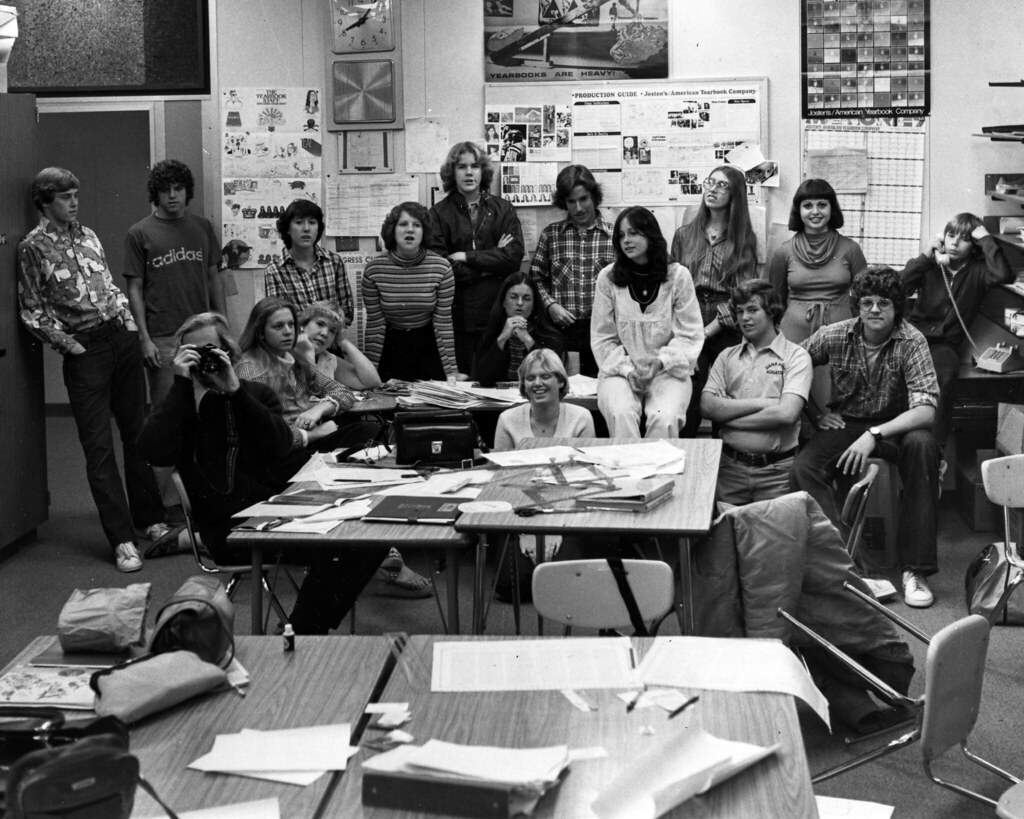
I was a real rookie when I started teaching in the city. I had grown up in the loving security of a Midwestern small town where I had only one friend who ever talked back to his father. I'd never seen my parents fight, if in fact they ever did. I'd seen drunks, but they were all fun-loving kids with their fingers loosely wrapped around shortie Pabsts. I'd read about bad things that happened in life, but my Christian home hadn't really prepared me for the lives some people live, day in and day out.
One day after school a kid named Bob, a gymnast with the kind of shoulders gymnastics require, came up to me and told me that he didn't have a paper finished. He was a nice kid, quiet and unassuming, never bold.
“What’s the deal?” I said. "You need another day or two?"
He looked down at the books he had pinned up against his chest. "I don’t know if I can." He’d already passed a test or two, but he’d never struck me as a kid who couldn’t do the work.
“So when can you get it in?” I asked him. “Name a day.”
He eyes searched the rug as if there were some answer down there folded up in a note. But once I saw the way his mouth tightened, his teeth down over his bottom lip, I knew there was more to the story. The big kid--the kid with the arms and the shoulders, the kid who wore his shirtsleeves rolled up above the swell of his biceps--that kid cried. “I can’t get anything done at home,” he told me. “I just can’t.”
“What’s the matter?” I said.
He brought his hands up to his eyes. "My parents," he said, "--they’re on each other’s cases all the time, and I just can’t take it.”
In the small Christian college where I'd studied, we’d never talked about anything like this in my English methods class.
“Every night—every night it goes on,” he said, “and if I go away I can’t get my work done. I don’t know what to do.”
I reached for Kleenex. Even now, forty years later, I don’t remember another guy ever crying like Bob did that afternoon, eyes flaming red and bruised by the way his hands constantly pushed at them, as if to stanch what, it seemed, had to flow.
"It’s okay ," I said. "I understand—I understand.” That was a lie, but I didn't know what else to say.
“All my classes,” he said, “every one of them—they’re all just falling apart. It’s just crazy—everything’s just crazy.”
"Listen," I said, "you get that paper in whenever you can, all right? I understand. I put my arm on his shoulder because it seemed so abundantly right.
When Bob walked away that afternoon, I felt as if I had something to write home about--how the world was an awful place, and how I really didn't understand the darkness so well as I did now that I was there, in the city.
A day or two later I met one of the counselors coming up the walk toward the English building, rocking on his toes the way he always did, rolling along that way, as if simply a smile weren't enough to show the need for happiness.
“Schaap,” he said, “this kid—Bob Ranzig—you got him, right?—short guy?—muscular?”
“Sure,” he said. "I ought to talk to you about him. I thought of it, but then I forgot—“
"I know,” he said. "I know it all." He turned his head away and looked down at the cracks in the sidewalk as if what he had to say wasn't going to be easy. "You're a sweetheart—you know that? All you small-town Midwesterners are such sweethearts.” Then he giggled, his head snapping back a little. "He pulled one over on you the other day—you know that?”
I had no idea what he was talking about.
"Ranzig,” he said. “He pulled one on you just like he has on lots of others.”
Then I knew. "He said his parents were screaming,” I told him. "He claimed he couldn't study anything done.”
"Partially true," he said, “but I’ve got 1200 kids with the same problem—a ton of them much worse.
I felt duped.
"He’s been pulling that stunt all the years he's been here, and I've been telling him that he can’t do it anymore. It’s a crutch, and he’s got to learn to live with who he is.”
(continued tomorrow)
No comments:
Post a Comment